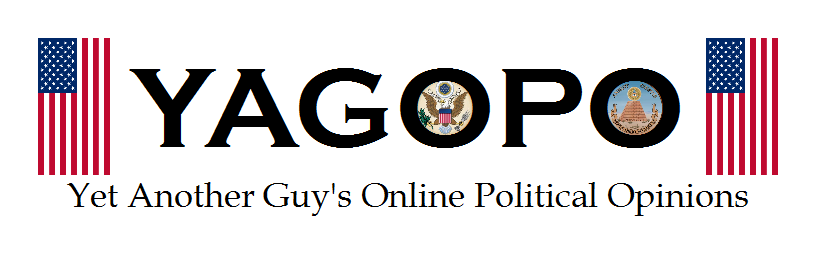Episode 3: Felix Montes-Rodriguez v. People of the State of CO
 |
| Colorado Supreme Court |
Majority: Michael L. Bender
Joined by: Gregory J. Hobbs, Jr.
Mary Mullarkey
Alex J. Martinez
Dissent: Nathan B. Coats
Joined by: Nancy E. Rice
Allison Eid
This case came about when Felix Montes-Rodriguez applied for a vehicle loan using his name and address, but a social security number belonging to someone else. He was originally convicted under Colorado's criminal impersonation statute and the case was appealed, eventually reaching the state's supreme court.
The conviction was overturned because the court held that Montes-Rodriguez did not "assume a false or fictitious identity or capacity". The court goes on to say, "we hold that one assumes a false or fictitious capacity in violation of the statute when he or she assumes a false legal qualification, power, fitness, or role," and that "the prosecution failed to present evidence that a social security number gives one the legal qualification, fitness, or power to receive a loan." Essentially their argument is that the SSN was required by the bank and not the law in order to receive the loan. This is utterly ridiculous. Not every qualification, power, fitness or role is issued by or required by the government. The bank might also require that you show proof of continuous employment. If you submit a resume belonging to someone else, is that not assuming a false role? Apparently not in Colorado since the government doesn't require employment verification for a loan.
This is an extremely bad decision in that it limits the ways in which identity theft and impersonation can be prosecuted. Now as long as someone uses their own name and address, they can steal whatever other information they need to get what they want.
~ Another Guy
